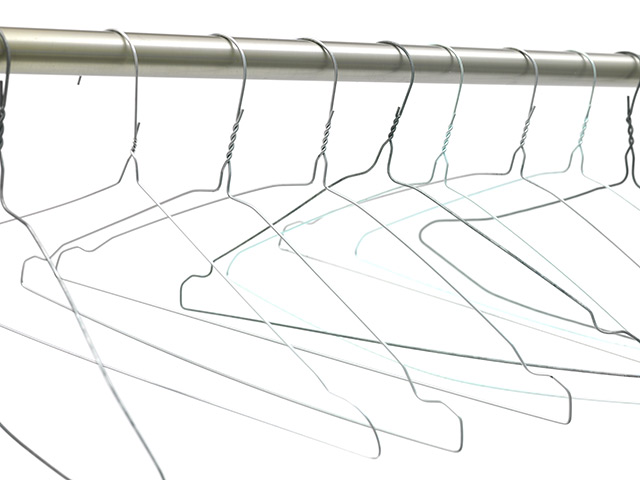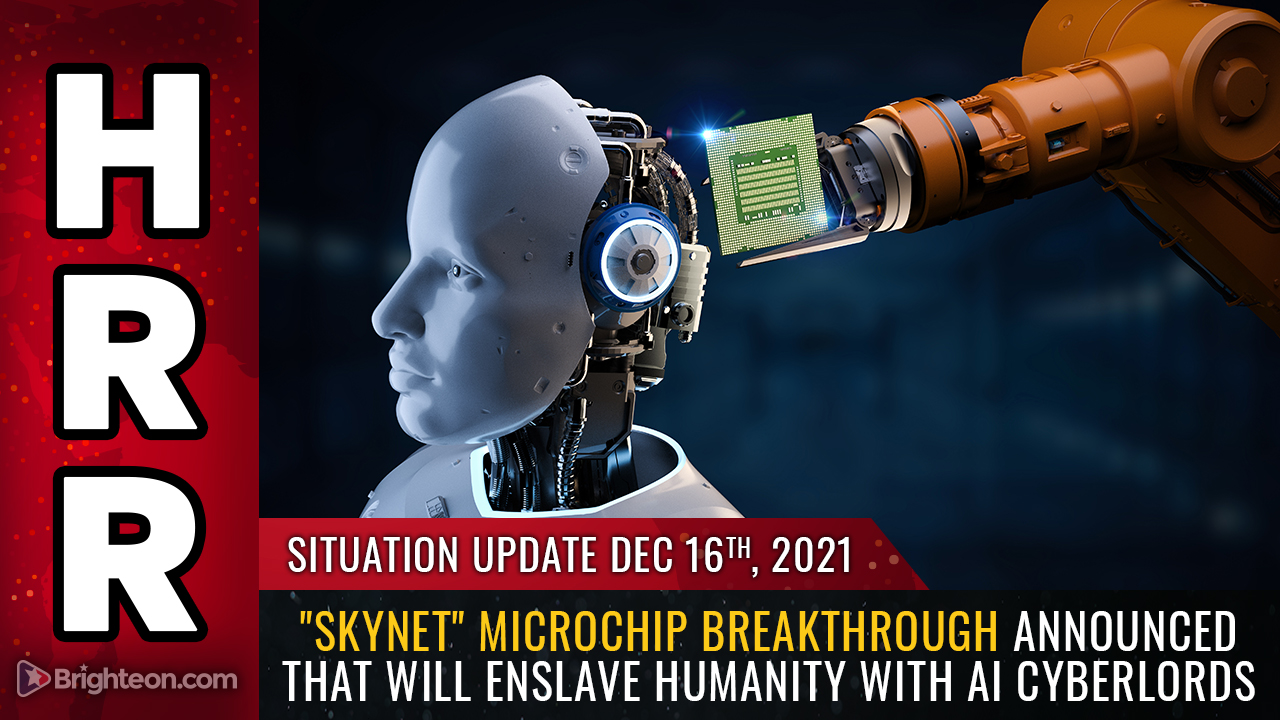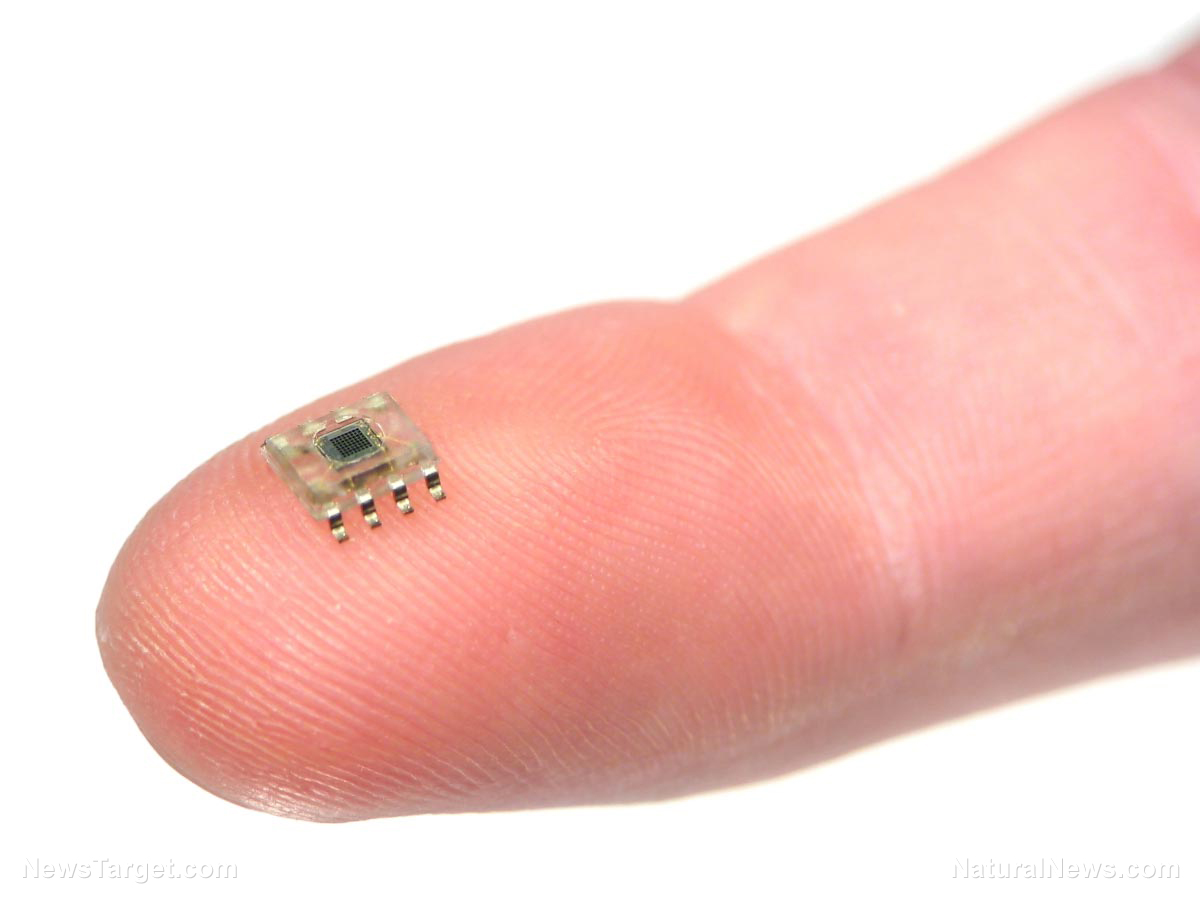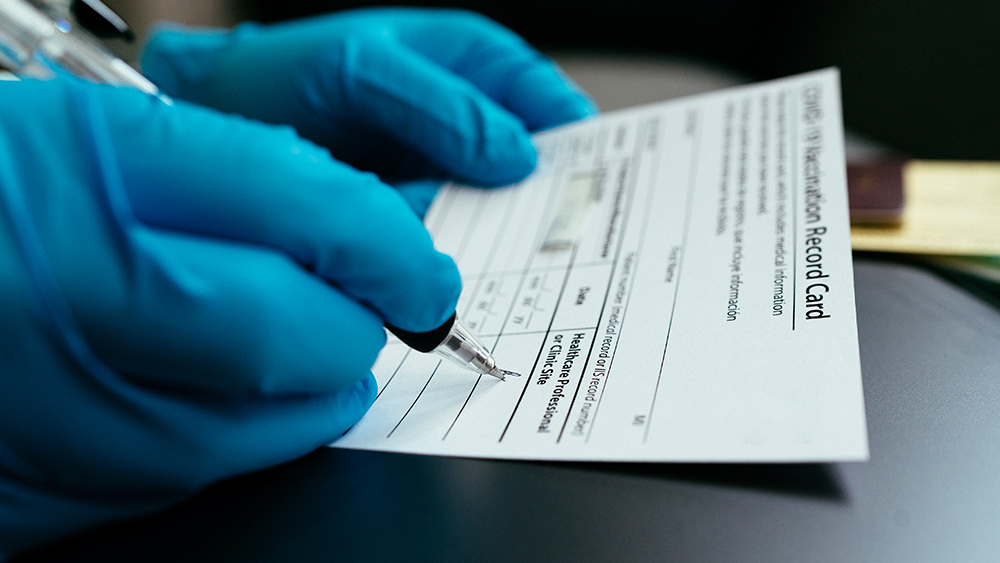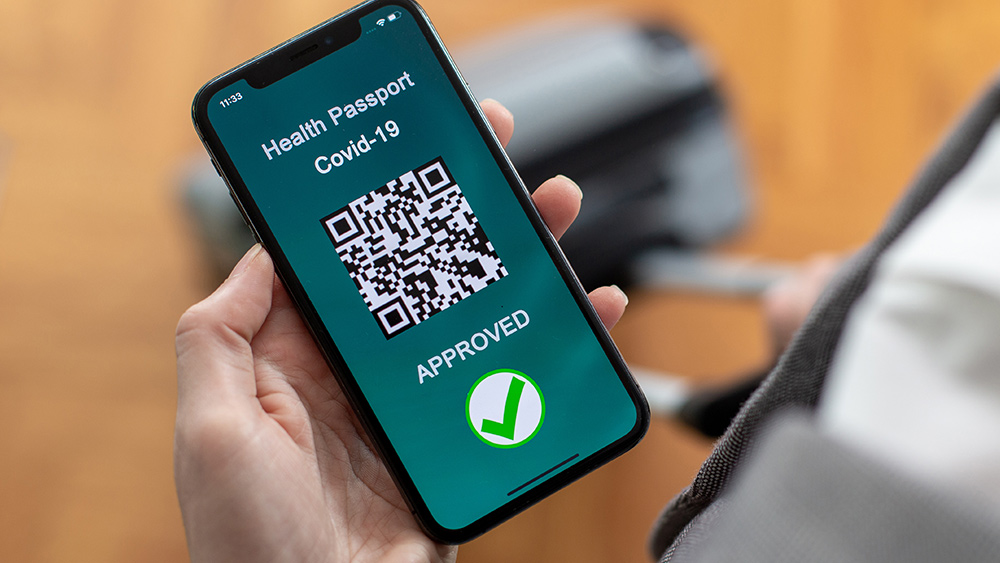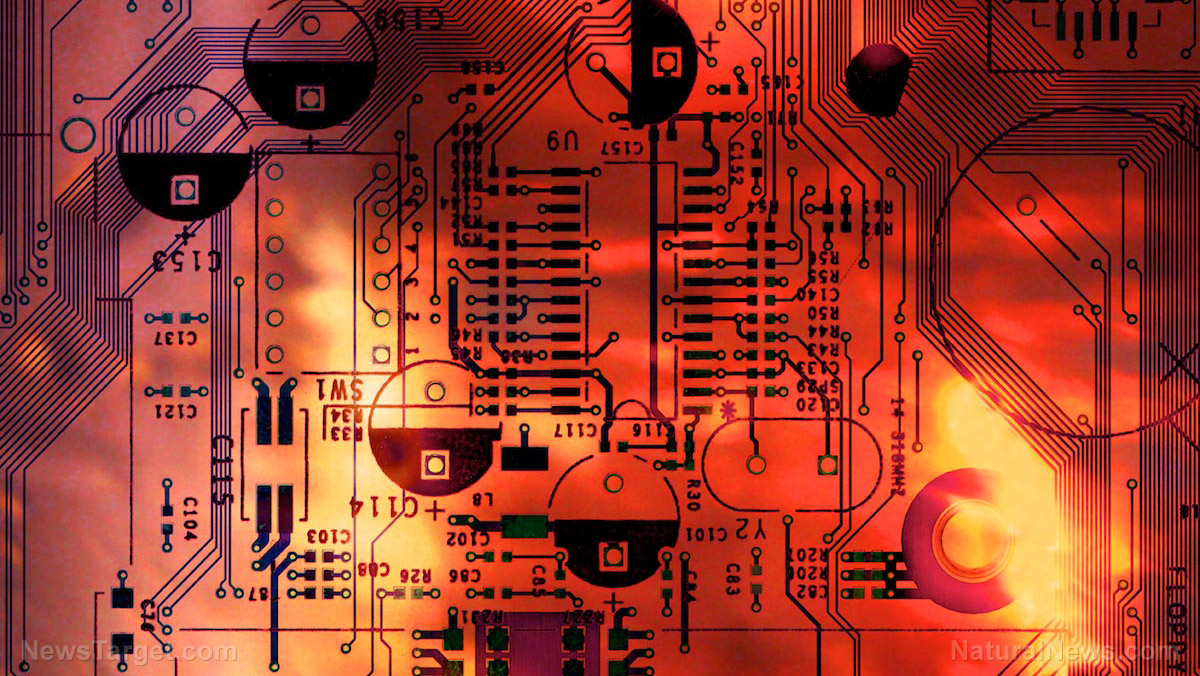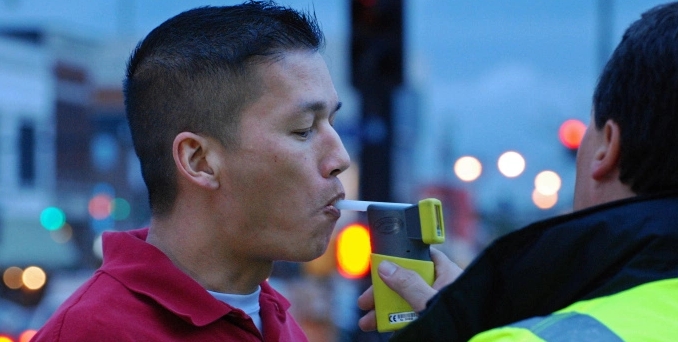If you are surrounding yourself with appliances, robots and gadgets that depend on the cloud, you are begging for disaster
12/17/2021 / By Ethan Huff

The recent Amazon Web Services (AWS) outage is a powerful reminder about the detriments of “smart” technology, which is gone in an instant once the “cloud” goes down.
One wonders how many thousands (millions?) of people out there were left without working doorbells, Roomba vacuum cleaners and even refrigerators that normally run on AWS but no longer could during the outage.
According to reports, the disruption began at around 10am EST on December 7. It left many packages unable to be delivered, many streaming media services were down, and patrons of Walt Disney Co. theme parks were unable to enter due to the automation involved with ticket processing and scanning.
Anything that runs on the Amazon “Alexa” system was also disabled, as were people’s Ring smart-doorbell units and other cloud-driven appliances and tech tools.
Sure, these things seem cool in theory. But the reality is that linking to the cloud means that you are also dependent on the cloud. And if the cloud goes away, then suddenly the “smart” life you set up for yourself is over in an instant.
“Irate device users tweeted their frustrations to Ring’s official account, with many complaining that they spent time rebooting or reinstalling their apps and devices before finding out on Twitter that there was a general Amazon Web Services outage,” reported Bloomberg Quint.
“Multiple Ring users even said they weren’t able to get into their homes without access to the phone app, which was down.”
Do you really want Big Tech controlling your life and deciding whether you can go inside your own house?
Hilariously, Christmas was cancelled for many that day as the Amazon cloud refused to turn on their Christmas lights. Others were unable to turn on the lights in their own house because smart lightbulbs stopped responding to voice commands.
It was probably just an excuse, but many people also reported that performing basic household chores also became “impossible” because all of their smart appliances just stopped working.
“The outage prompted people to reflect on the pitfalls of having a ‘smart’ home that’s overly dependent on not only the internet, but one company in particular – while those with ‘dumb’ homes gloated that their fridges and light switches were working just fine,” Bloomberg Quint further reported.
“Several of the affected AWS operations were on the East Coast. AWS said about nine hours later that it has resolved the network device issues that led to the outage.”
Hopefully this little fiasco was enough to wake at least some people up as to the true nature of smart living. Is it really smart to give total control of your life over to the likes of Jeff Bezos, whose cloud services now decide whether or not certain people can live their lives?
What happens when AWS potentially goes down for good? Then what? Do people really want to live under the control of the tech hive? Would it not be more prudent to take back control of your own life, even at the risk of being called “dumb” as opposed to smart?
“I have no idea why anyone would ever have this in their house!” wrote one Natural News commenter on an article about how “smart” Alexa devices are always listening and could be used by the evil ones to blackmail someone.
“My son got an Amazon Alexa. He’s turned into a sheep,” wrote another. “I have warned him that these corrupted things listen in but to no avail. He will have to learn the hard way.”
More of the latest news about the pitfalls of the “internet of things” can be found at Collapse.news.
Sources for this article include:
Tagged Under: Alexa, Amazon, Amazon Web Services, automation, AWS, chaos, cloud, Collapse, computing, dumb, electronics, Glitch, smart, smart appliances
RECENT NEWS & ARTICLES
COPYRIGHT © 2017 INFORMATIONTECHNOLOGY.NEWS

